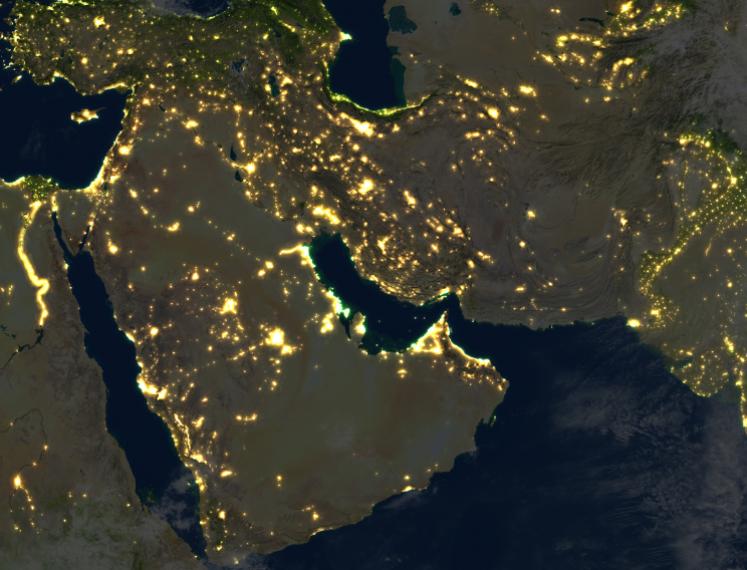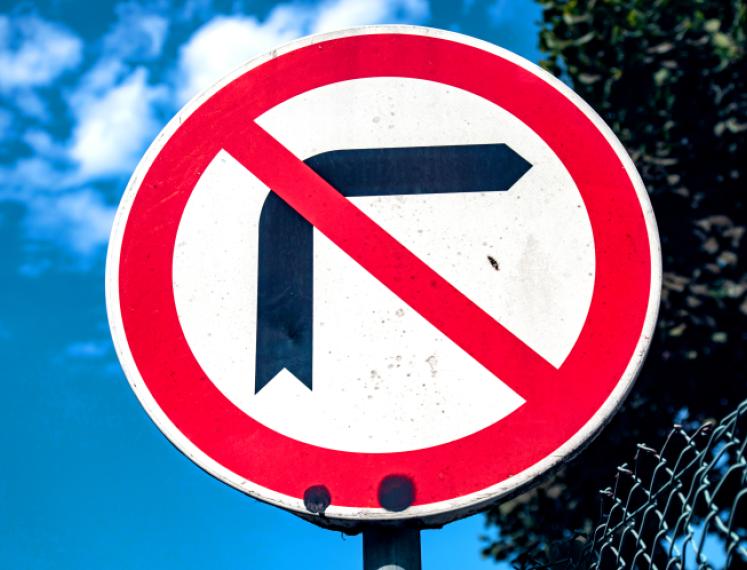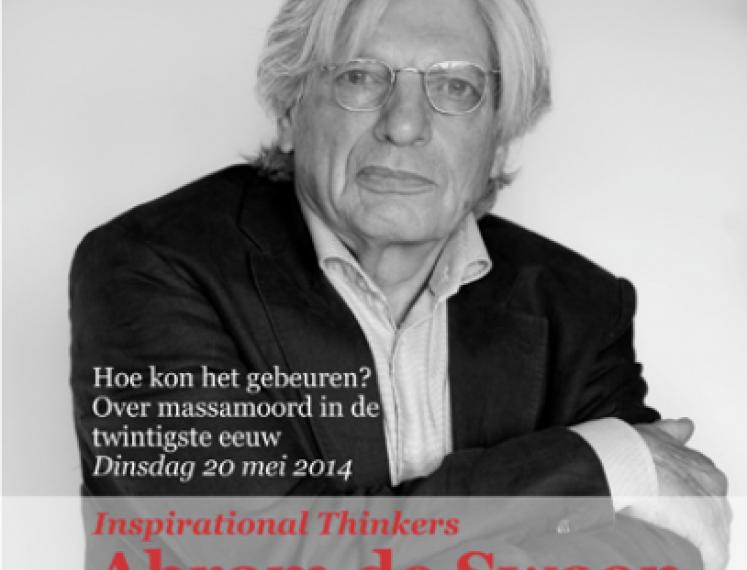Online
Nederland
Abortion Rights: Who Decides?
Abortion continues to be a highly contentious matter, heavily regulated and medicalised. Recently, the right to abortion has been restricted in the U.S. Poland already tightened abortion laws, and in more countries in Europe these laws are being questioned. The topic evokes strong emotions, has significant political pull, and efforts to regulate it have been at the center of the political debate for decades. Can we find some agreement on the abortion debate? How do we ‘regulate’ this longstanding, ongoing controversy, that entails moral, legal, medical, and religious aspects? Have the advent of abortion pills, hotlines, and pills-by-post changed the abortion landscape? Can the human rights framework offer some answers?
In this online edition of Let's Ask, Lucía Berro Pizzarossa grapples with this topic and uses evidence and human rights to contest some of the traditional ways we think about and therefore regulate abortion.
Lucía Berro Pizzarossa is an international human rights lawyer and a postdoctoral fellow at the O’Neill Institute for National and Global Health at the University of Georgetown. Among others, she has worked for the Brazilian Constitutional Court and UN Human Rights Committee and has consulted on abortion for the WHO and various international non-governmental organisations. She has done extensive research in the field of abortion and sexual and reproductive rights.
Let's Ask
In Let's Ask (before: Ask a Scientist) Groningen's finest researchers share their knowledge to provide context to that recurring 'thing' in the news and will answer your questions. In collaboration with Usva.






